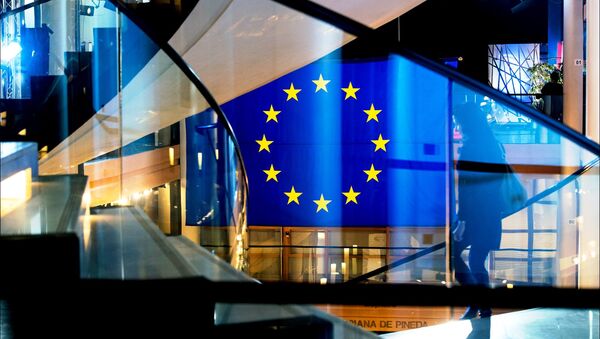"Most people have never heard of Trilogues. The word trilogue does not appear in the European Treaties and is not officially part of the EU legislative procedure. Yet, since the Lisbon Treaty the number of trilogues has skyrocketed and during the last legislative term more than 1,500 trilogue meetings took place," the group said.
"Almost all EU law now go through this process in which the European Commission, the Parliament and the Council informally attempt to reach early agreements. But trilogues are exempt from normal transparency provisions. The view that most deals in Brussels are made behind closes doors is probably more true for trilogues than for any other part of the legislative process — a process that is often more transparent than in most member states."
'Blind Spots'
The European Ombudsman, Emily O'Reilly, has opened an investigation into the transparency of trilogues with a view to boosting transparent law-making in the EU. O'Reilly said: "Trilogues are where deals are done that affect every EU citizen. They are now an established feature of how the EU adopts laws.
#Transparency of #trilogues: You still have two weeks to submit your comments https://t.co/HYnAJkIFao pic.twitter.com/RdWrUhI4DQ
— European Ombudsman (@EUombudsman) March 17, 2016
"European citizens, businesses and organizations should be able to follow each stage of the law-making procedure and to understand how the negotiators arrive at the endpoint. Parliament, Council and Commission have a Treaty obligation and an interest in legislating as openly as possible to maintain public trust," she said.
In its submission Transparency International said it has identified the lack of transparency in trilogue negotiations as one of the principal blind spots in the EU legislative process.
"In the vast majority of cases, Parliament's plenary vote serves only to rubber stamp the deals secured by a handful of negotiators from each institution, side-lining 99% of MEPs in the process," it said.



